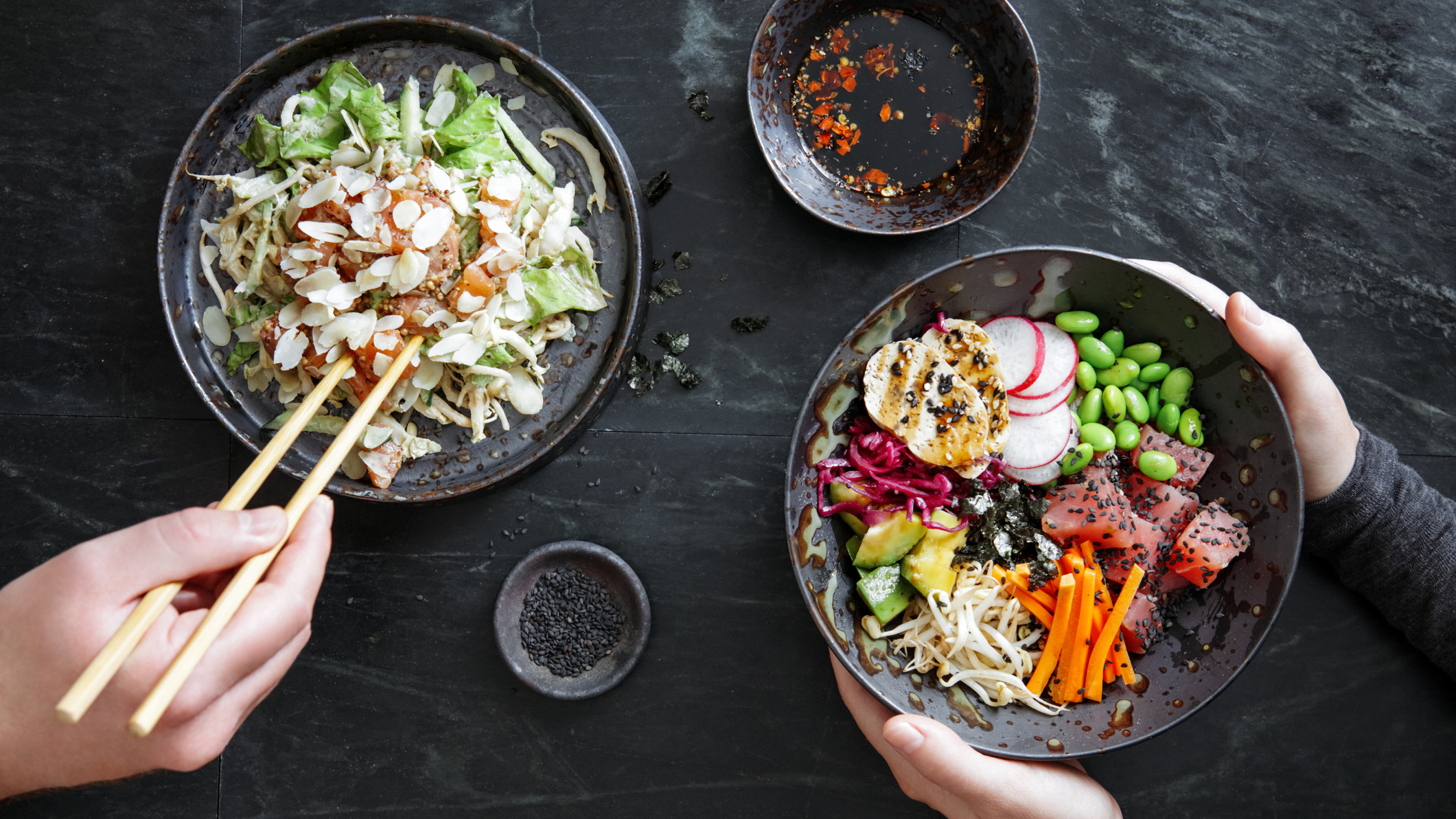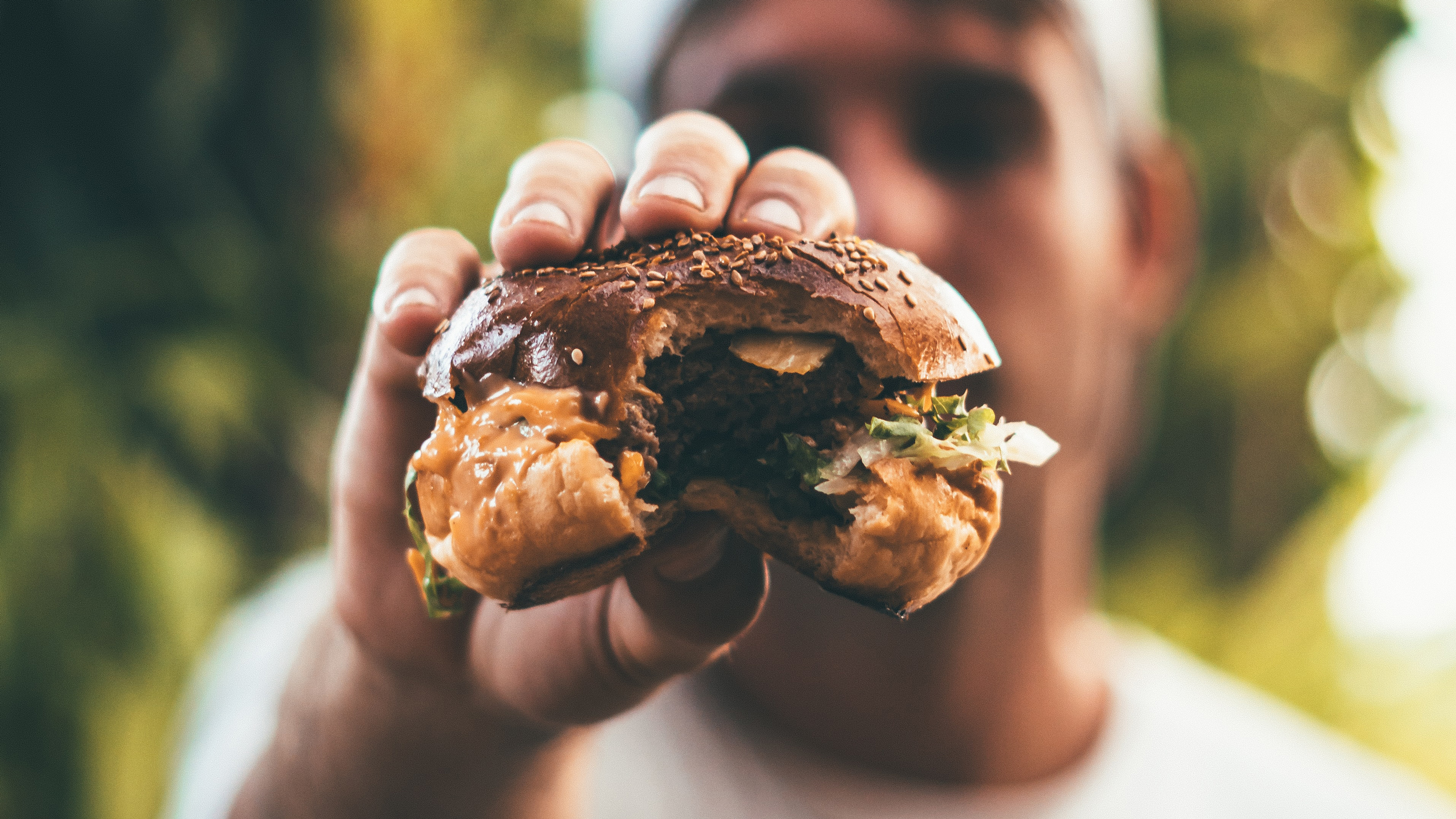Is dieting really good or bad for weight loss? Science weighs in
Eating healthy today is like resisting smoking in the 1950s, according to studies


Start your week with achievable workout ideas, health tips and wellbeing advice in your inbox.
You are now subscribed
Your newsletter sign-up was successful
Dieting gets a bad rap sometimes. It's common knowledge that in order to lose weight, we need to eat healthily in addition to exercising, but dieting is often associated with strict, calorie-controlled diets that get abandoned , leading to yo-yo dieting and a cycle of weight loss, then weight gain.
You might be supplementing your diet with the best protein powder for weight loss and mixing up smoothies and shakes with the best blenders, but even if you're doing everything right according to the internet, restricted eating will always be somewhat controversial. "Going on a diet" is often seen as a temporary fix, rather than a lasting lifestyle change, according to researchers at Drexel University, and this might dissuade some people from making an effort to control their calories.
The researchers examined decades of dieting research to find out why weight loss dieting was often seen as a bad thing. Professor Michael Lowe, PhD, writes: "Stated differently, asking whether dieting is 'good or bad' is analogous to asking if taking methadone is good or bad. If someone goes on a weight loss diet because of unwanted weight gain or loss of control eating, then dieting will at least temporarily improve these conditions."
The cycle of yo-yo dieting or the guilt associated with cheating on your diet is a result of the modern food environment. We have evolved to find and consume food when it is available, and that sort of programming simply isn't compatible with a cupboard full of high-sugar snacks, or supermarkets placing unhealthy snack food at eye-level near the checkouts.

So if you've embarked on a weight loss diet only to find yourself not being able to stick to your new regime, don't feel too bad about it – we've not evolved to stay strong in the face of a system which overwhelmingly wants us to binge on snack food. However, there are a few things we can do to change our food environment to make longer-term, healthier choices.
One thing we can do is to record our progress with a food diary. Research has found people who keep a food diary more than double their weight loss progress compared to those that don't. You could use a physical book for this, or one of our best fitness trackers or best fitness apps, which can act as a log of both calories in and calories out. The really good ones will track sleep, heart rate, workouts, vital stats and more to build up a more complete picture of your health.
Keeping unhealthy foods out of the house, and filling your cupboard and fridge with healthy snacks, are more ways to tweak your environment to limit the damage of "grazing" for snacks if you're spending a lot of time at home. Preparing healthy meals in advance, so you've got lots of nutritious, lower-calorie meals ready to go, is also a solid weight loss strategy. French researchers found planning meals in advance was "associated with a healthier diet and less obesity".
Start your week with achievable workout ideas, health tips and wellbeing advice in your inbox.
The Drexel University research agrees with the above, finding the best way to lose weight (without relying on super-strict, calorie-controlled diets which are likely to fail) is to "make widespread changes to the food environment, both societally and within the home". The current "food environment" is like smoking in the 1950s: it's everywhere, we can hardly escape it, and resisting its temptations is going to take a lot of forward planning.
Matt Evans is an experienced health and fitness journalist and is currently Fitness and Wellbeing Editor at TechRadar, covering all things exercise and nutrition on Fit&Well's tech-focused sister site. Matt originally discovered exercise through martial arts: he holds a black belt in Karate and remains a keen runner, gym-goer, and infrequent yogi. His top fitness tip? Stretch.
